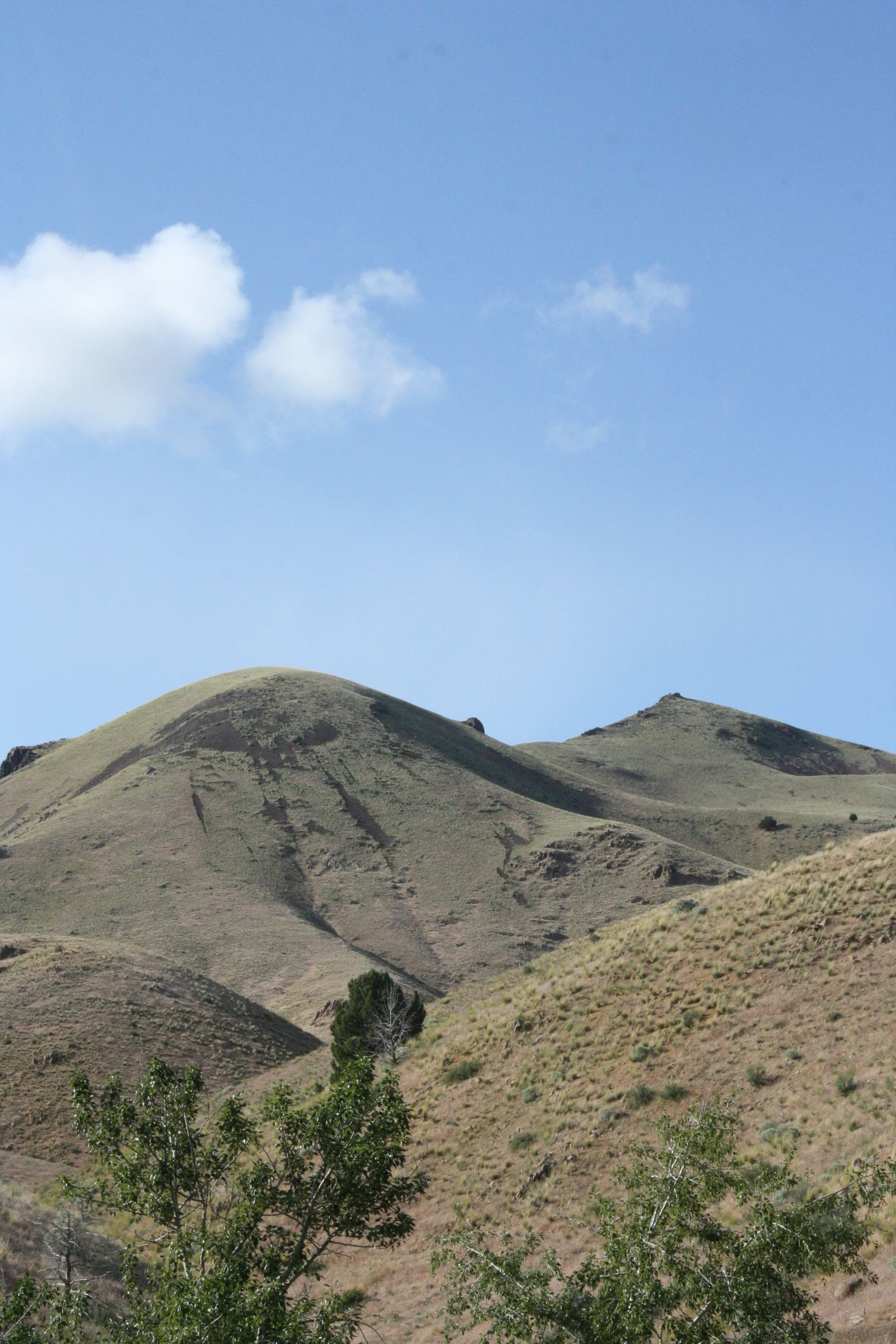The Places People Go
Eric Muhr
This post was written for the Queer Theology Synchroblog 2018 - check out others' posts here
by Eric Muhr
There are places people go when life gets rough — separate places, safe spaces, sanctuary. I have a rock in the Owyhee Mountains. Just up the hill behind the Catholic church in Silver City, Idaho — past open mine shafts and sage-brush clumps — lies a red dirt path. That first time, I followed it because it went up, and I wanted to go to the top. I wanted to see. What I found was a rock. I climbed up on top and sat at the edge, and I could see for miles down the creek to Jordan Valley, up the creek to Silver City, along the road to Murphy. I was alone.
Sometimes I feel like I’ve spent my whole life looking for that rock, trying to find a place where I can catch my breath, see where I’ve been, and just be alone for a while. If you grew up queer in the church, you might know how that feels. Maybe you were always alone, swimming in a sea of good Christian people who couldn’t see you, couldn’t see God in you, never really knew you. Maybe you were drowning.
I was drowning.
By an accident of birth, I missed the boat.
Sometimes, over a cup of coffee, the person who’s been confiding in me will stop talking and look down at their hands before looking up again. Then they ask me a question: “Who do you talk to when you need help?”
Which reminds me of a story.
One time in church, I noticed a single tear on the face of a friend. I wrote a note in my journal and handed it to him: “Do you want to talk?”
He wrote back: “If people in church knew the truth about me, I wouldn’t be welcome here anymore.”
“That’s the sign of a toxic community,” I wrote. “This place isn’t good for you.”
“But where else can I go?” he asked.
I blinked my eyes several times and looked away.
Later, I wondered why, in a place where people like me aren’t supposed to exist, how come I’m still here? When I first started thinking about leaving church, I struggled with the fact that so much of my identity was intertwined with church. I volunteered with the youth, drove the bus, worked on committees, changed the sign board, cooked for potlucks, showed up at business meetings, represented the local church at denominational events. Surrounded by people, busy with ministry, I felt unloved and unknown. And I was lonely. But who would I be if I left? What, if anything, would be left of me?
I’d worked for several years on the staff of a local church. But I was a foreigner. I didn’t fit. So I resigned my position. And then I stopped attending. That’s when the questions started: was I in conflict with the pastor? was I depressed? did I have secret sin? I wish I could have articulated what was happening, the sense that I’d been kicked out. I wish that I could have told them how frustrated I was with church. I wish that I could have told them that so many of their spiritual answers didn’t account for me. Empty promises, platitudes. I wish that I could have told them that church as we know it and practice it is dying.
I was dying.
I wanted to know God. I wanted to be fully myself rather than just playing a series of parts. I wanted to integrate identity, faith and vocation with community rather than continuing a compartmentalized life. I wasn’t allowed to fit all this stuff into church. The box was too small. So I left.
But I keep coming back, keep hanging around and showing up, watching and waiting for others to exhibit some of the same symptoms — people who need something better. Because there’s got to be something better, and I don’t know how to get there on my own. What I do know is that there’s something about places of sanctuary. What I do know is that people need separate spaces — for quiet, for peace, for perspective. What I do know is that a rock, hanging off the edge of a hill, gave me a place to sit.
After a little while, I stood up, walked down the hill and drove back to town. One of these days, I’ll go back, and I’d like to take others there with me. We’ll catch our breath together. We’ll see for miles.
This post was written for the Queer Theology Synchroblog 2018 - check out others' posts here
